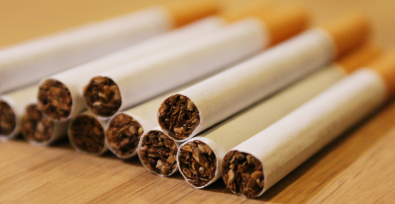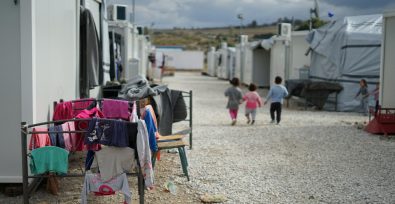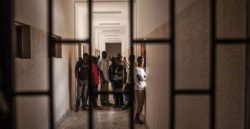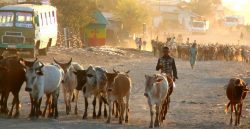The Bristol Cable discusses a new documentary film, titled Tobacco Slave, which gives a voice to Malawi farmers trapped in debt bondage to tobacco companies based in the UK. The film aims to explore the ‘invisible’ realities of farmers who work at the bottom of long tobacco supply chains and allow them to share on their own terms the story of this modern-day form of slavery and exploitation.
Present day continues to be harmed by colonial past
At the height of the British Empire, Bristol’s Imperial Tobacco played a significant role in not just in tobacco, but also colonialism and the transatlantic slave trade. Today, even though slavery has long since been abolished, Bristol remains inextricably linked to this colonial past through the thriving tobacco trade still taking place. The new documentary asks us to question the idea that Imperial Tobacco’s colonial practices were abolished and instead frames what is taking place today as simply a repackaging of those practices into modern slavery.
In the film, James Sabwe, a farmer in northern Malawi said:
“Since I started growing tobacco, I have never made any profits, when we go to the market, after all our efforts in production, it looks like we are giving a donation to tobacco companies and not selling our product, because they offer low prices.”
James is a father to four children and has been growing tobacco for almost 20 years. However, enslaved by contractual obligations to companies who supply Imperial Tobacco, he still struggles to make ends meet, remaining trapped in a cycle of poverty like so many of his neighbors. Locked into a modern-day, neo-colonial model of slavery and exploitation, the farmers have little hope of escape.
Extracting wealth from the poor to fill the pockets of the wealthy
In a story of profiteering that traces back to colonial times and longer, the documentary details the vast profits being channeled into wealthy western nations where the four largest tobacco corporations are headquartered, the UK, US and Switzerland. By underpaying taxes and using exploitative labor practices, the tobacco industry has been extracting wealth from low and middle-income countries for centuries.
James Sabwe stated:
“…one thing that does not surprise me, is that the directors and managers for these companies are driving expensive cars, from the sector that we are all working in together.”
Tobacco companies, including Imperial Brands among others, have also been accused of child labor on tobacco farms in Malawi, as well as in other tobacco growing regions. The hope for the filmmakers is that by sharing the personal accounts of those affected by the current system of exploitation and modern slavery, viewers will begin to see tobacco products as part of an exploitative, neo-colonial model of wealth accumulation, much like the fast-fashion and food industries.








Freedom United is interested in hearing from our community and welcomes relevant, informed comments, advice, and insights that advance the conversation around our campaigns and advocacy. We value inclusivity and respect within our community. To be approved, your comments should be civil.
Again, the harsh truth of developing countries unwillingly founding developed countries at the expense of the poor suffering from uncountable hardships that the better accommodated couldn’t possibly fathom. We have to show business companies that we don’t approve of their modern-slavery practices. Apart from signing petitions, voicing out these issues and stopping to buy their products, what else can we do? And this isn’t a rhetorical question. It’s a legitimate one. I’m open to suggestions.
Anyone who forces a child or children into forced labor belongs in prison for life without parole or pardon .
Bearing in mind that most of the cost of cigarettes is the taxation, the pre-tax price must be open to being increased a little bit which would give the tobacco farmers more money without making the tobacco importers/companies ‘poorer’. It does seem reprehensible that an item which makes so many people and governments rich should result in the actual farmers living in poverty.